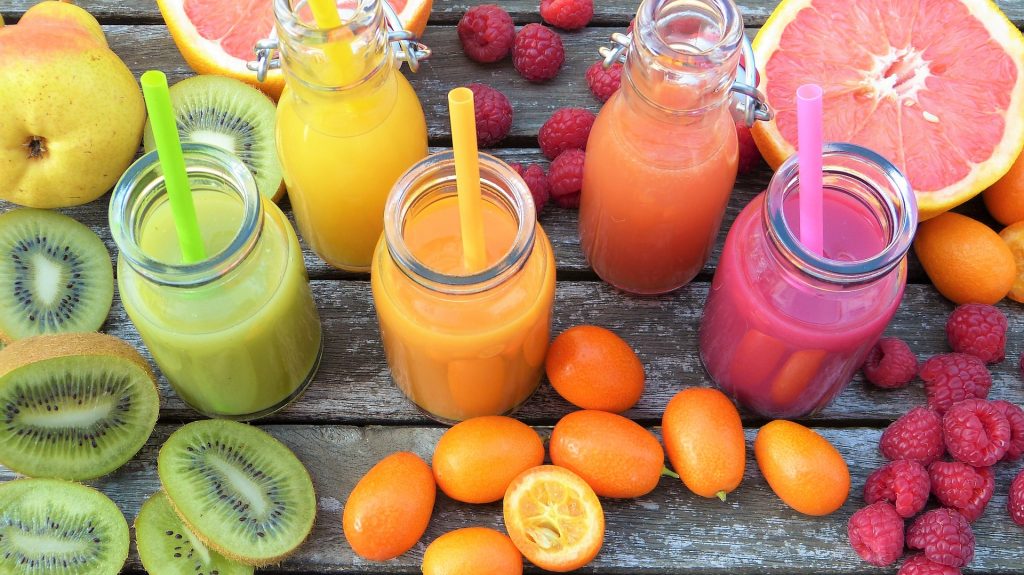 Fructose consumption has been shown to cause metabolic dysregulation in animal and humans. This metabolic dysregulation relates to the way that fructose is able to cause insulin resistance, a condition that results in a diminished effect for insulin in the cells of the peripheral tissues. This insulin resistance has wide ranging implications as it alters many components of normal metabolic function including the way the body deals with lipids, carbohydrates and proteins. It has been suggested that the metabolic dysregulation caused by fructose may also alter brain function. This is not surprising as insulin is a signal molecule required for correct brain function. One possible explanation is that fructose induced insulin resistance causes changes to the hypothalamic-pituitary-adrenal axis and this causes an increase in the circulating levels of stress hormones. These stress hormones may in turn cause changes to neurochemistry that result in the development of mood disorders such as anxiety and depression.
Fructose consumption has been shown to cause metabolic dysregulation in animal and humans. This metabolic dysregulation relates to the way that fructose is able to cause insulin resistance, a condition that results in a diminished effect for insulin in the cells of the peripheral tissues. This insulin resistance has wide ranging implications as it alters many components of normal metabolic function including the way the body deals with lipids, carbohydrates and proteins. It has been suggested that the metabolic dysregulation caused by fructose may also alter brain function. This is not surprising as insulin is a signal molecule required for correct brain function. One possible explanation is that fructose induced insulin resistance causes changes to the hypothalamic-pituitary-adrenal axis and this causes an increase in the circulating levels of stress hormones. These stress hormones may in turn cause changes to neurochemistry that result in the development of mood disorders such as anxiety and depression.

Feeding rats a high fructose diet as they develop results in anxious and depressed behaviour in adult rats. This behaviour is associated with changes to the brain that suggest that high fructose diets are able to alter animal neurochemistry significantly. Fructose in whole fruit appears not to be damaging, but when the fructose is removed from the fruit to make juice, or is consumed in its crystalline form, it can cause metabolic dysregulation.
Eat Well, Stay Healthy, Protect Yourself
RdB
